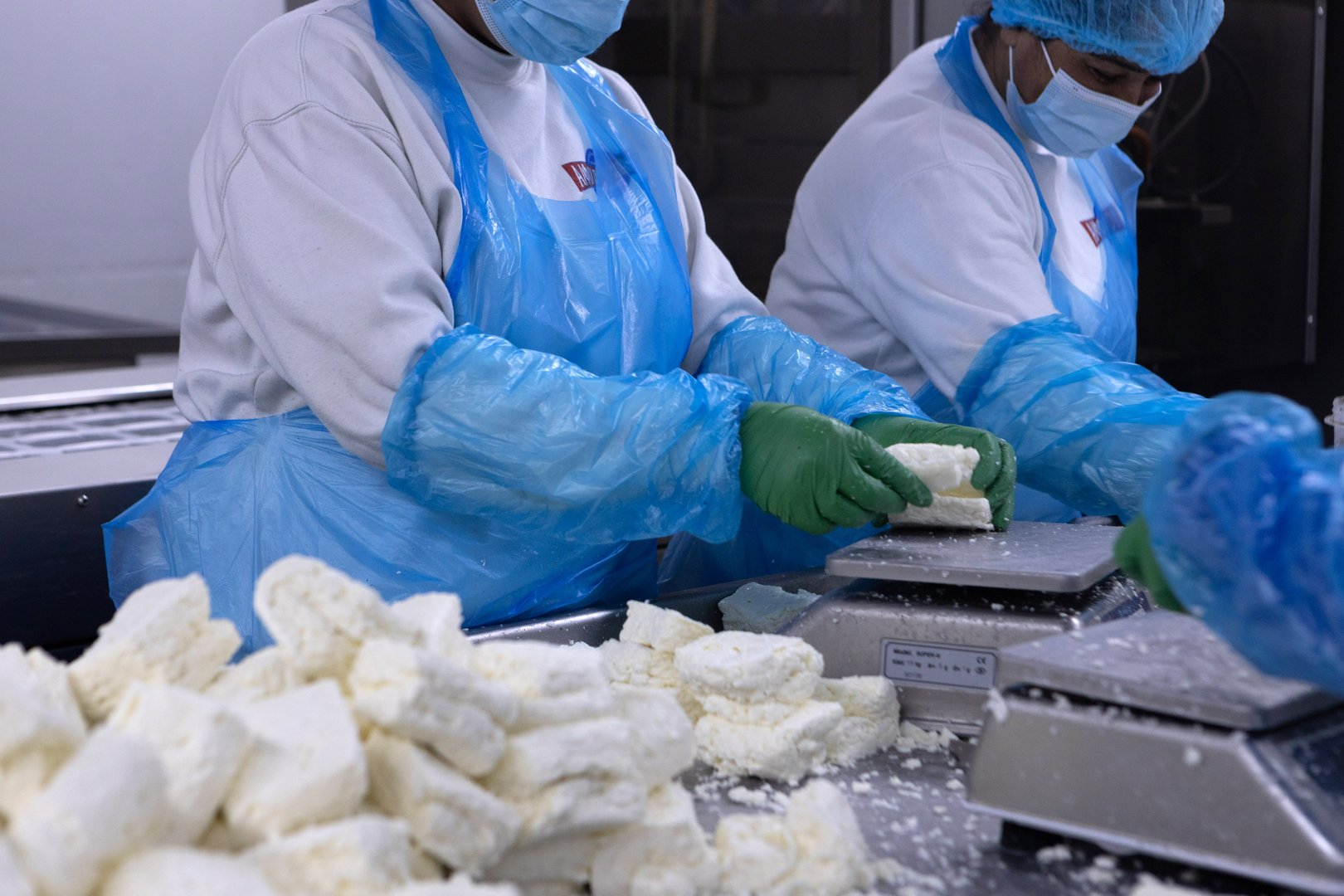The EU approval of the registration of halloumi as a protected designation of origin (PDO) on Monday has given our beleaguered government something to cheer about. It was “a milestone day for halloumi/hellim and our country,” tweeted President Anastasiades, also saying that there were now “significant prospects for increasing exports of our national product, to the benefit of all Cypriot producers, Greek and Turkish.”
What nobody mentioned was why this milestone day took seven years to materialise. The government submitted an application for the registration of halloumi as a PDO in July 2014, but nothing happened because of political squabbling over the halloumi produced in the north. On a visit to Cyprus a year later then President of the European Commission Jean Claude Juncker brokered a deal between Anastasiades and Mustafa Akinci to facilitate the registration.
It took another six years for the registration to materialise. The delays were caused by objections filed by the Cyprus government with regard to the certifying of hellim. It wanted the Republic to have this power despite the fact Anastasiades and Akinci had agreed that the certifying would be carried out by an independent company. The government’s objections that prevented the registrations for six years were eventually lifted without any changes being made to the 2015 agreement.
However, none of the opposition parties have accused it of downgrading the Republic for contracting out the certification of the hellim to a private company. They not only joined the celebration but Edek and Diko tried to take some credit for the registration. Both claimed that their assertive stance in voting against the ratification of the Canada-EU Comprehensive Economic and Trade Agreement (CETA) “played a decisive role in the registration of halloumi.”
These celebrations are unlikely to last for very long, because halloumi producers and cow farmers have already been warning that the PDO will prove disastrous for an export industry that earns the country about €200 million a year. The PDO specs stipulate 51 per cent of the milk content would have to come from sheep and goats and dairy producers have always said there would not be enough of this milk to satisfy their demand, which would mean they would have to cut back on production.
Agriculture Minister Costas Kadis is aware of the problem, he has had meetings with dairy producers and cow farmers, and is convinced it can be overcome although he has not specified how. He has until October, when the PDO specifications come into force, to find answers because if he does not the government will have some very angry halloumi producers to deal with.







Click here to change your cookie preferences